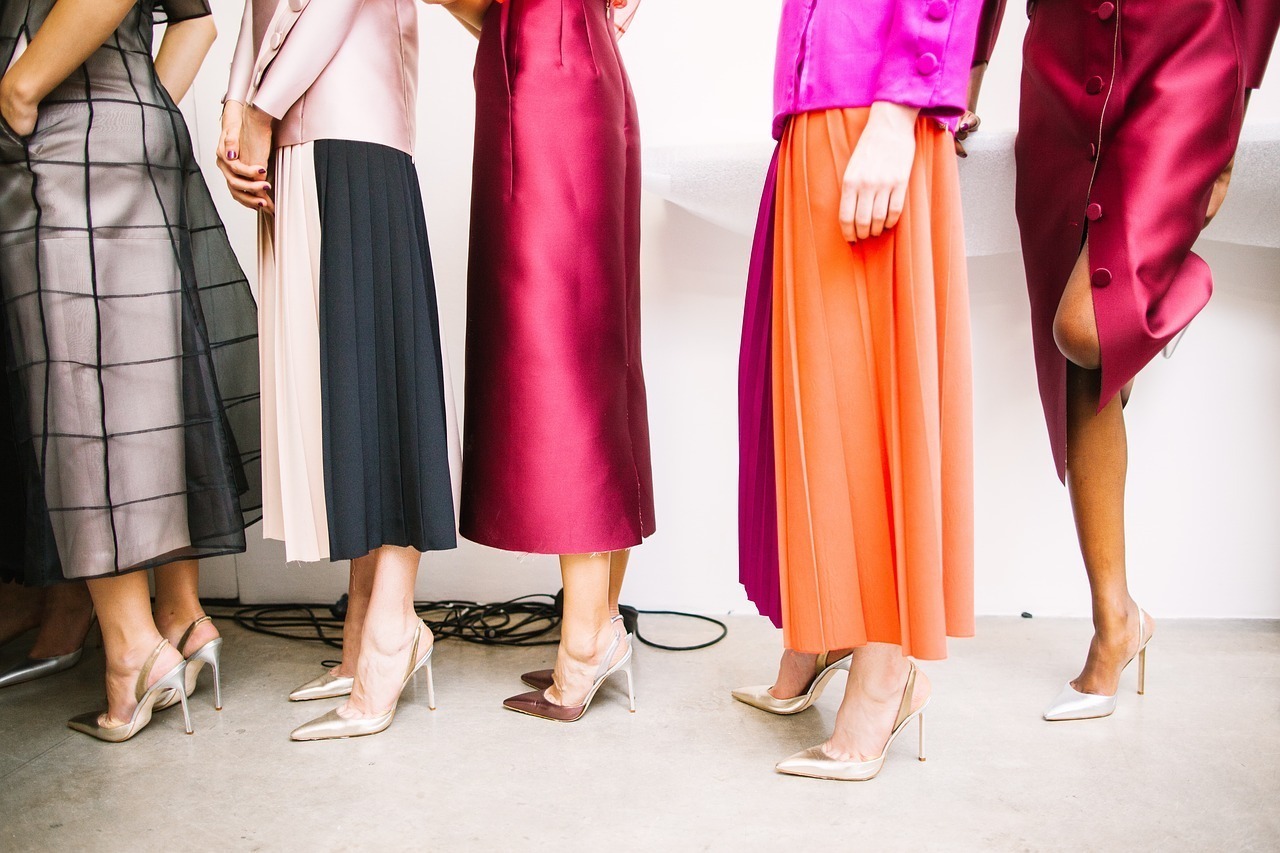Following close on the heels of this blog’s recent May 21 post about Japan’s ongoing gender gap and workplace sexism, let’s get into how women’s footwear may inspire both males and females in the country to step up and give the #MeToo movement in this country some serious traction.
The #kutoo movement
The story involves what’s been dubbed the #KuToo movement—a play on kutsu, the Japanese word for shoes, and kutsuu, the word for pain, politicians with feet firmly placed in mouths, men slipping into high heels, and the kind of vintage sexism Japan is far too known for.
A young actress and writer named Yumi Ishikawa, who also works at a funeral parlor, inadvertently sparked the #KuToo movement. The funeral parlor requires female employees to wear heels between five and seven centimeters high. Male employees, however, can wear comfortable shoes. When Ishikawa tweeted about the pain of wearing heels and the dress code discrepancy in January, people responded in droves. She came up with the #KuToo hashtag and got tens of thousands of people to sign a petition to quash rules that force women to wear heels at work, submitting it to the Health, Labour and Welfare Ministry in June.
Japan’s labor minister put his foot in his mouth
Cue the standard-issue clueless politician. At a subsequent Diet committee session, Labor Minister Takumi Nemoto stated, “It’s generally accepted by society that (wearing high heels) is necessary and reasonable in workplaces.” Deputy Prime Minister Taro Aso last year said sexual harassment was not a crime. Clearly, the patriarchy remains dominant enough in Japan for even high-ranking officials to continue spouting the sexist nonsense that belies Prime Minister Shinzo Abe’s declared notion that Japan is destined to become a society in which “all women shine.”
Here’s a contrast for you: In 2017, South Korea’s president, Moon Jae-in, promised full government action against sex offenders in the workplace and gender violence. Perhaps Japan should take notes from its near neighbor and frequent rival on this issue?
Come to heel
For a lot of guys—unless you’re a time traveler from a past age when men wore heels or a survivor of the disco era when platform shoes were at their height—this issue might seem frivolous. How bad could wearing heels be?
In late May, Change.org put on an event in Tokyo to give the #KuToo movement a boost, offering guys a chance to try on heels up to 27 centimeters tall. The men who stepped up found out just how painful, awkward and even dangerous wearing pumps can be (It’s also been called a legitimate workplace safety issue). That was just before the new job-hunting season in June, by the way, when potential new hires have to make a favorable impression. For women, heels are an expected part of the ensemble.
This issue provides a shoehorn to get into more serious workplace problems such as power harassment, sexual harassment and sexual violence. Japan’s version of the #MeToo movement reflects the country’s deep group-oriented culture: #WeToo. That name is also a protective measure, because the women who have come forward on their own have suffered some truly horrific shaming and abuse in addition to what they’ve already experienced. One was journalist Shiori Ito, who in May 2017 accused Noriyuki Yamaguchi—a former Washington bureau chief for TBS TV and a biographer for Prime Minister Shinzo Abe—of rape. The case was dropped, however, and Ito began receiving death threats. She left Japan for the UK.
The resistance is here
Social media element is a powerful lever in this hostile, victim-blaming arena, and WeToo Japan—an organization that Shiori Ito helped to create to follow up on the #MeToo theme—is a promising development. WeToo Japan is intent on developing a society that does not allow sexual violence or sexual or power harassment, rescues those who have been abused, and supports them when they make a claim.
There’s a lot of work to do. A crowdfunded survey WeToo Japan carried out on sexual harassment found that 70 percent of women have been targeted in some way in public, including 48 percent who reported unwanted touching.
WeToo Japan is being proactive as well. It recognizes businesses that institute zero-harassment policies, offers guidance and resources for those harassed to pursue, and runs its own consultation counter. What’s most encouraging is that this group has several men on board, many of them prominently displayed on the website. The organization also has a Facebook page to keep track of developments. Let’s hope the movement grows.
Beyond wearing flats or running shoes to work, #KuToo is primarily about showing just how absurd gender inequality can be in this country, and how far Japan has to go to overcome the mindset and the complacency that have made that inequality—and the harassment that often follows—socially acceptable. The #WeToo movement is tackling a grittier reality that Japan will have to address if it expects to keep the peace in the workplace.
Companies just got to do better
So fair warning to every company out there, whether you’re foreign or domestic: Ensure that your workplace policies treat all employees equally, and avoid gender-based rules and regs that might cost you talented staff or even get you dragged off to court to fight a lawsuit. Enlightened workplaces are also likelier to attract female workers who want to focus on doing great things and not on dodging abuse. Businesses that can craft workplace policies and environments should be on the prowl for opportunities to help companies that have seen the light work out their gender inequality kinks.
As one of four Japanese societal macro trends monitored regularly by CarterJMRN (along with Women Power, Generational Dynamics, and Internationalization), the Changing World of Work impacts consumer behavior across many age groups as attitudes toward work continue to evolve in relation to lifestyle, including availability and use of personal and leisure time.

